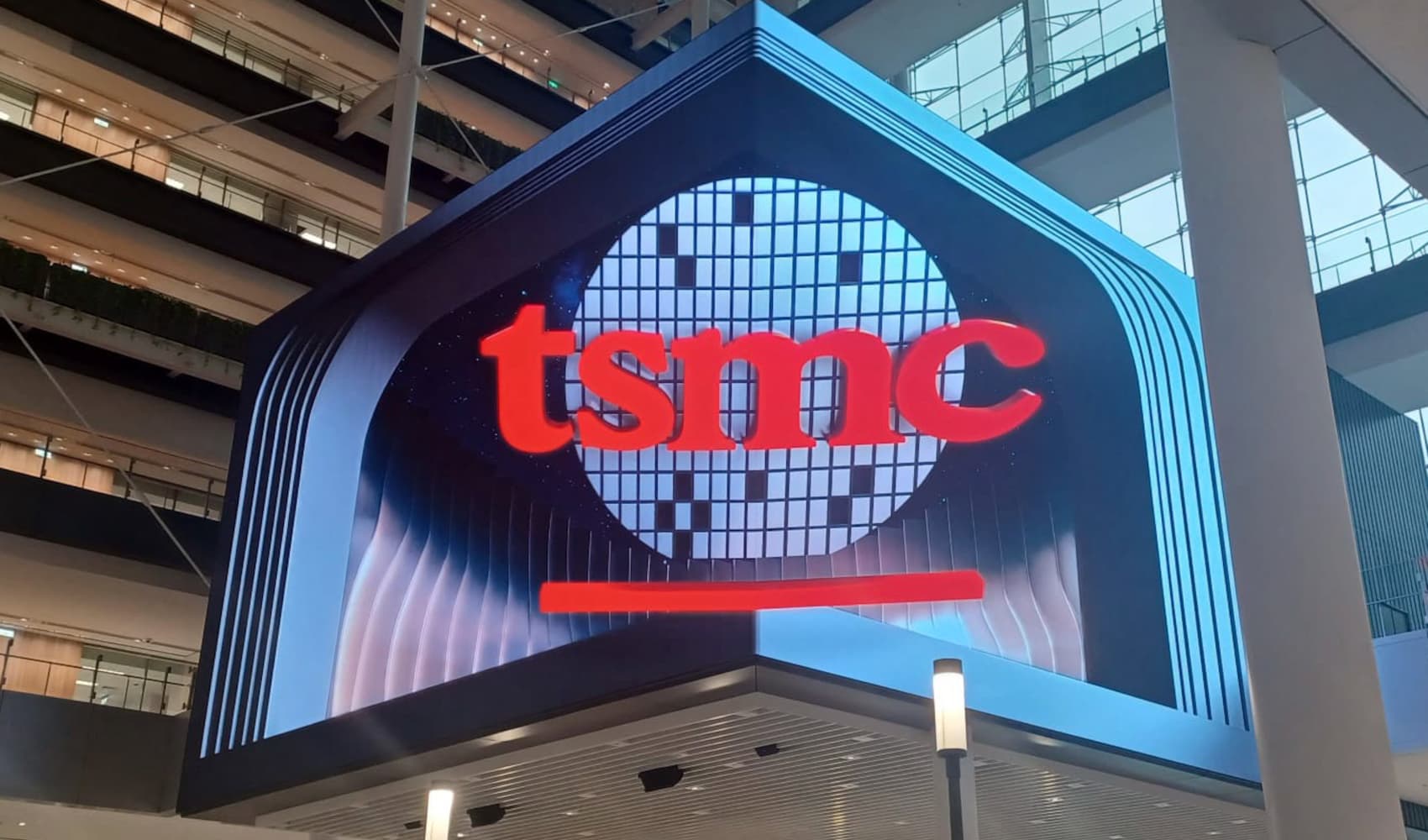
The price of a bitcoin surpassed the $50,000 mark for the first time on Tuesday, surging even higher on Wednesday.
The digital token's surge — it broke through the $20,000 mark for the first time in mid-December and hit an all-time high of $52,340 on Wednesday — has renewed consumer interest in cryptocurrencies, with tokens like Ethereum and the infamous Dogecoin riding the wave of support.
With mainstream firms such as PayPal and JPMorgan also lending legitimacy to the cryptocurrency by investing it it and adding it to their platforms, industry experts say that this time bitcoin might be here to say.
Here's what you need to know about bitcoin and how to get in on the action.
Get South Florida local news, weather forecasts and entertainment stories to your inbox. Sign up for NBC South Florida newsletters.
What is bitcoin?
At its most basic level, bitcoin is a decentralized digital currency. Invented in 2009 by Satoshi Nakamoto — a pseudonym for an unknown person or group of people — bitcoin's appeal has long been its decentralized platform. That means that it's not under the purview of any national government, and can be resistant to the effects inflation has on traditional currency.
Why is it valuable?
Money Report
Unlike ordinary money, which can be printed by a country's government, bitcoin can only be created by powerful computers through a process called "mining." Because the creation of new bitcoin is complex and power-intensive, and because there is a hard cap — 21 million — on the amount of bitcoin that will ever exist, there is a built-in level of scarcity.
This scarcity, combined with increased demand from institutional and retail investors alike, has helped turn bitcoin into a household name whose value has grown from less than a penny in 2009 to more than $50,000 today. Unlike traditional currencies which are backed by things like gold and silver, bitcoin's value comes from the trust that investors have in the blockchain network it is built on.
In recent months, bitcoin has gotten a newfound level of legitimacy thanks to household names like PayPal and Square, which now allow their more than 350 million active users to buy and sell the coin on their platforms. This support helps create confidence that bitcoin will eventually become a mainstream currency.
"I think some big steps were what we've seen from Square, MasterCard and Tesla as of late," Wedbush Securities analyst Dan Ives tells CNBC Make It. "That has started to legitimize crypto and bitcoin for transactions."
Is it a safe investment?
Prior to its current rally, which started in late 2020, bitcoin had only been above $10,000 for five weeks of its existence. The last time the digital token found itself in the midst of a monster rally was in the winter of 2017, and it quickly slumped well below $10,000, where it remained for the better part of the next three years.
The key difference between now and three years ago is that bitcoin is being taken seriously by people who had previously been wary of it. In addition to the votes of confidence from PayPal and the like, bitcoin also got a major boost last week when Tesla said in an SEC filing that it was buying $1.5 billion worth of the crypto and that it would begin to accept bitcoin as payment for its products.
"Bitcoin has definitely gone more from a sci-fi project to something that's not going away," Ives says.
But even with the support from household names like Tesla, bitcoin's value is still prone to massive spikes and slides. In January, the U.K.'s Financial Conduct Authority warned bitcoin investors that they should be "prepared to lose all their money" due to the high risks associated with it. And with governments around the world taking a piecemeal approach to regulation, the value of cryptocurrencies still hinges on traders having access to them.
"From an investment perspective, bitcoin is not for every investor. It's a much higher risk profile," Ives says. "Until we start to see more goalposts around bitcoin and crypto from an investing and regulation perspective, it's going to continue to be volatile."
How can I buy bitcoin?
These days, getting your hands on some bitcoin is as easy as downloading a smartphone app. Bitcoin can be purchased on a wide variety of platforms, including popular stock trading app Robinhood, and dedicated exchanges like Coinbase and Gemini.
Despite its $50,000 price tag, you can begin investing in crypto with much less. Unlike the dollar, which can be divided into 100 pennies, a bitcoin is divisible into 100 million units, called satoshis. You can purchase $10 worth of bitcoin just as easily as you can purchase an entire coin.
It's not just bitcoin that is available on crypto exchanges. Other currencies, such as Ether and Litecoin are also popular, but neither come close to approaching the nearly $1 trillion market cap that bitcoin commands thanks to its meteoric rise in price over the past year.
What can I spend it on?
Though you're unlikely to be able to pay with bitcoin at your local corner store or shopping mall, there are a growing number of places where you can spend your cryptocurrency.
The Wikimedia Foundation, which owns and runs Wikipedia, accepts bitcoin donations. Microsoft also accepts the token as payment for apps and games on its digital store, while the NBA's Dallas Mavericks recently offered a promotion where customers who spent $150 worth of bitcoin on their online store received a $25 gift card.
There are search engines, such as SpendABit, where you can search for products and find retailers who accept bitcoin.
Don't miss: The best credit cards for building credit of 2021






